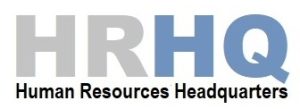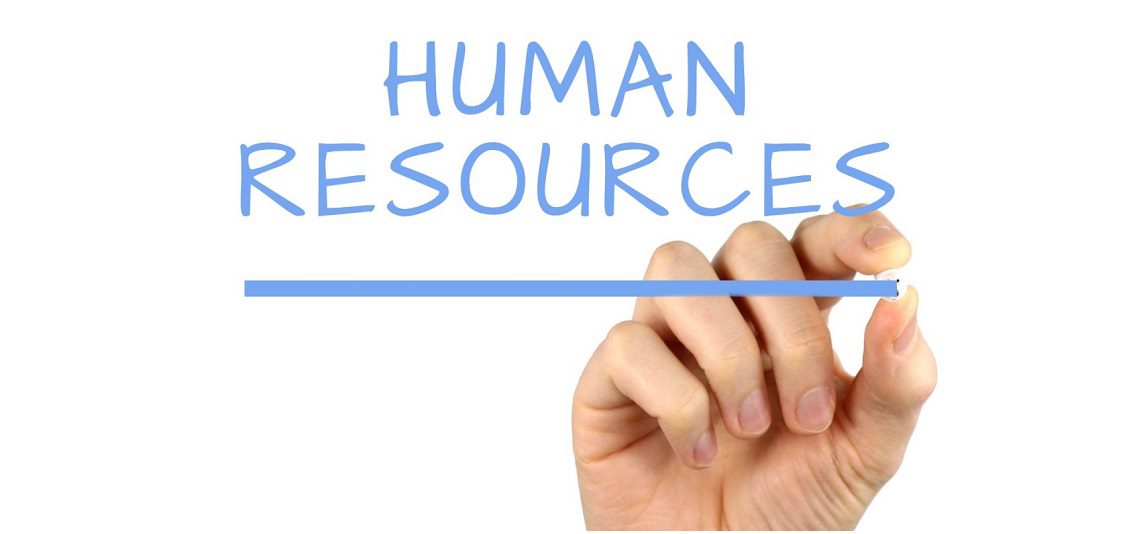by Michael O’Leary, Chief Executive at HRM Recruitment
The years that followed the banking crisis saw HR leaders and functions in most organisations grow in strategic influence. While that period wreaked economic havoc on businesses, the social impact on firms has had a more lasting effect. This was the first major recession experienced by that generation of line managers. HR initially became the go to function for answers to almost anything new that arose, and a central focal point as rapid retrenchment and organisation change became necessary. While HR was already a strategic function in some firms, it now had the real attention of line managers and leaders in many more.
Since that time, new work processes and models had to be developed and implemented as the demand to do more with less, increased. Culture and engagement came to the fore as firms and their leaders hunted for the discretionary effort of their employees. Benefit packages moved from being about health and retirement to focussing on flexibility, wellbeing, and time off. A different generation of employees required different psychological contracts with their organisations, including more fluid feedback, while employee career structures began to move from ladders to portfolios of experiences with different organisations. The people agenda in firms has changed more in the last ten years, than in the prior thirty. Until last March. HR and the people agenda will change more in the twelve months from March 2020 than in any previous decade or collection of decades, this is no longer an evolution, it is a revolution.
The great paradox of the banking crisis is that at a time when HR was so critical to businesses, it became the function most likely to be cut. A HRM research report at the end of 2009 indicated that well over 50% of companies in Ireland had made significant reductions in their HR headcount with indigenous firms being twice as likely as their multinational counterparts to do so. The subsequent recovery for most firms was slower than necessary and few would disagree that the excessive scale back of HR functions was a significant leadership error contributing to this. To many leaders, HR was a black box, they simply did not understand the true capability of effective HR and how it impacted their bottom lines. The greater worry, however, is that as we now face the most people centric, health and economic crisis since the last World War, leaders and organisations are about to repeat this error. Though this time the consequences will be far graver.
The military term “frontline” has become an emotionally centred synonym for workers who have defended and supported us during this pandemic, medical staff in particular. No HR professional would expect to be compared to those who have faced and continue to face the unimaginable horror and human cost that Covid has visited upon us. And yet, we are about to ask HR teams all over the country to take responsibility for the health, safety and physical and mental wellbeing of millions of our citizens, their employees, as they return to their workplaces. Surely, we now recognise that when you have an essential frontline it must remain fully resourced, indeed added to, to be truly effective.
HR functions are critical to the survival of businesses. Many are now devoting their time to addressing several highly complex challenges presented by the need to scale back up operations and learn to co-exist with this virus. This includes the reorganisation of entire sites to accommodate health and safety regulations while redefining organisation culture to reflect the changed circumstances and meet new social and wellbeing needs of employees. Aligned to this, these teams are undertaking capability and capacity planning in an unreadable landscape to ensure organisation effectiveness at the earliest point. And regrettably, firms are also dealing with the difficult consequences of large-scale redundancies and managing reduced workforces.
For those organisations who plan to continue with employees working remotely on a permanent basis for the first time, a whole different set of challenges must be addressed. It means a total re-write of business models, most employment policies and leadership practices, communication streams and the development of culture supporting initiatives. Managing the wellbeing of these employees remotely is difficult, ensuring they feel connected to their colleagues and the wider business equally so.
New permanent headcount into HR functions may not be possible for many businesses but interim and contract HR professionals are an agile and cost-effective alternative. While all the above transformation is occurring, operational HR and still valid HR projects must continue. Pushing key people processes and actions down the road is a leadership failure. Learn from these awful times when they present and do not repeat the errors of the past. Invest now in your HR functions, invest now in your people, and recover organisation performance ahead of those who have learned little from this and the previous economic collapses.











